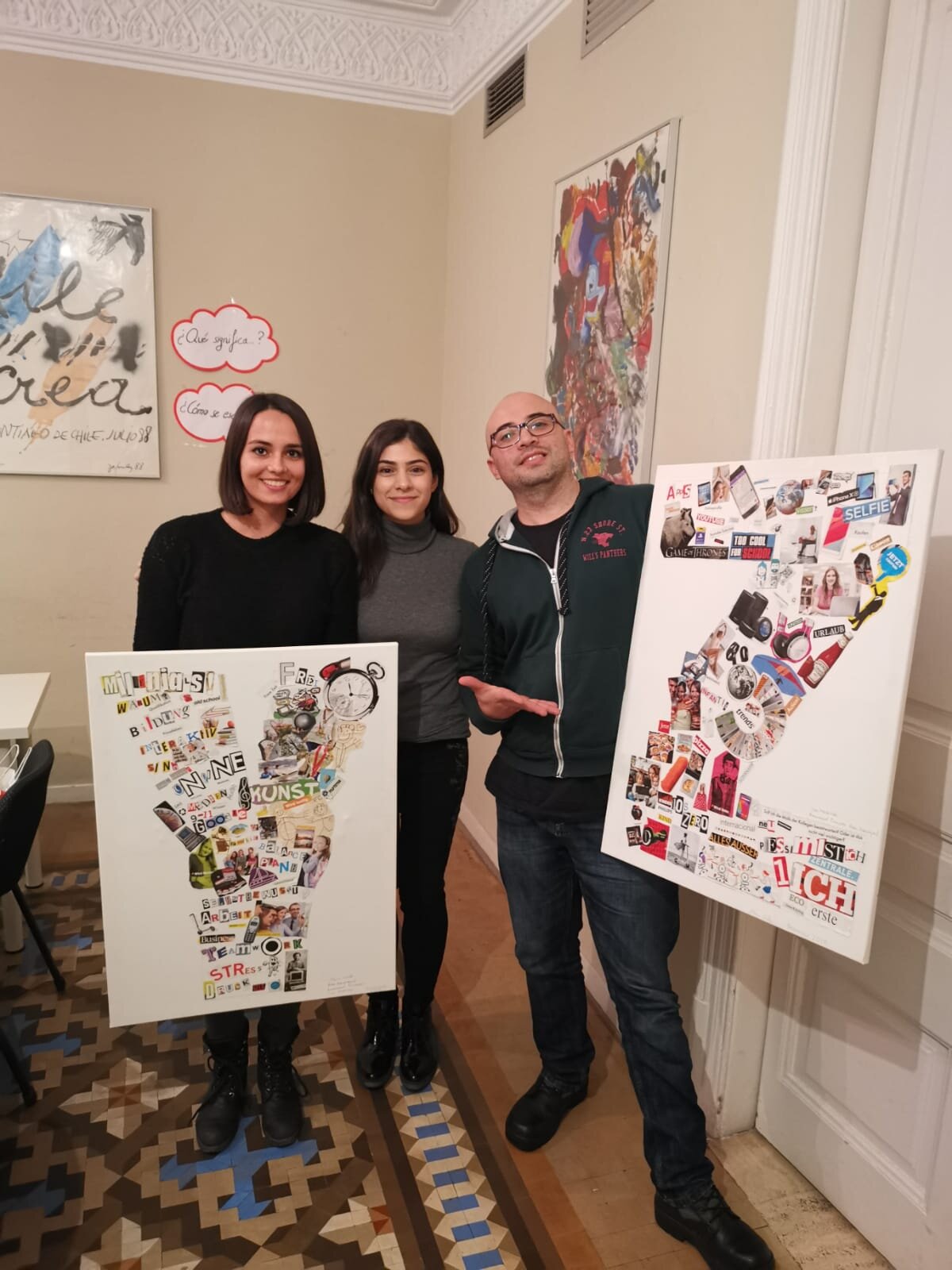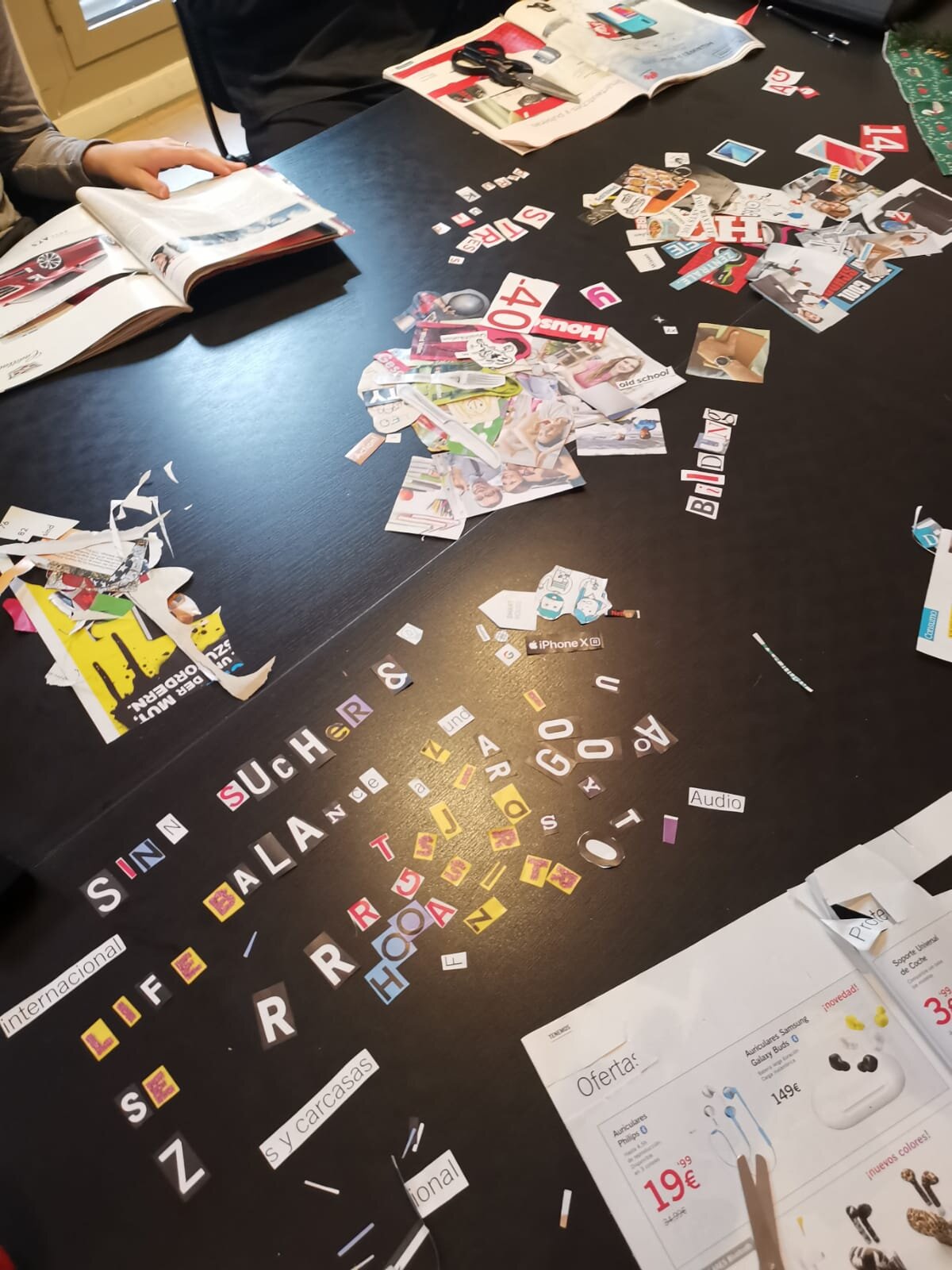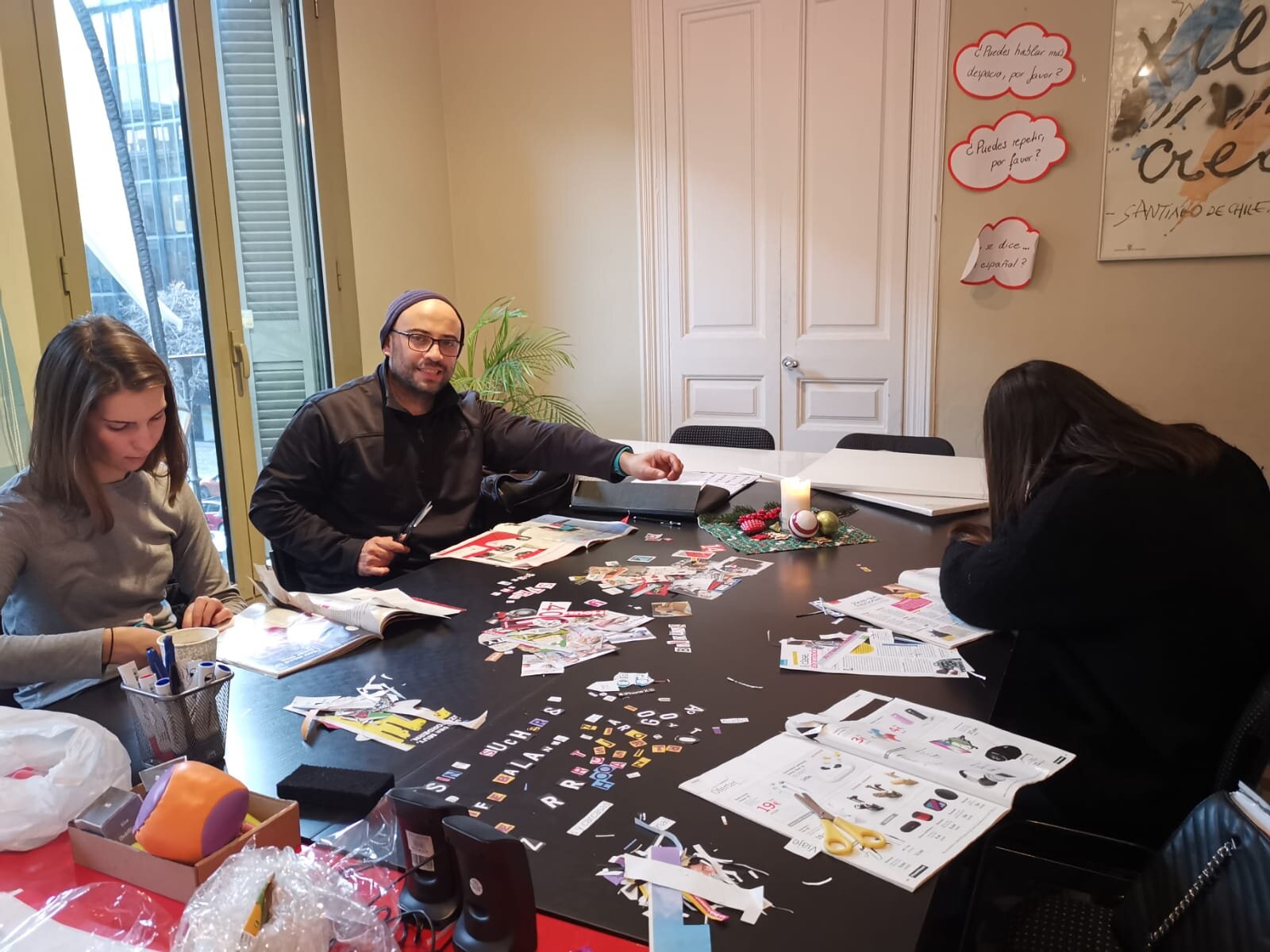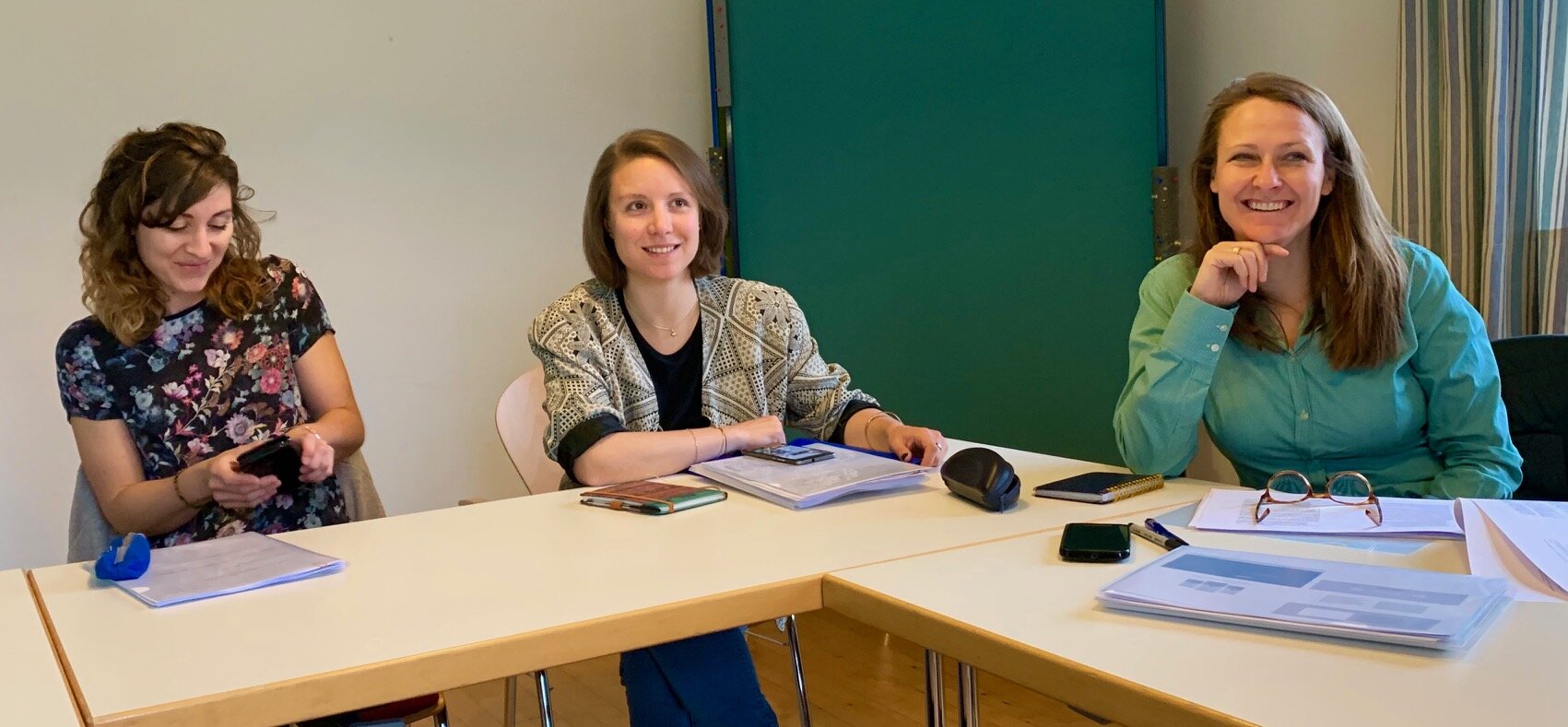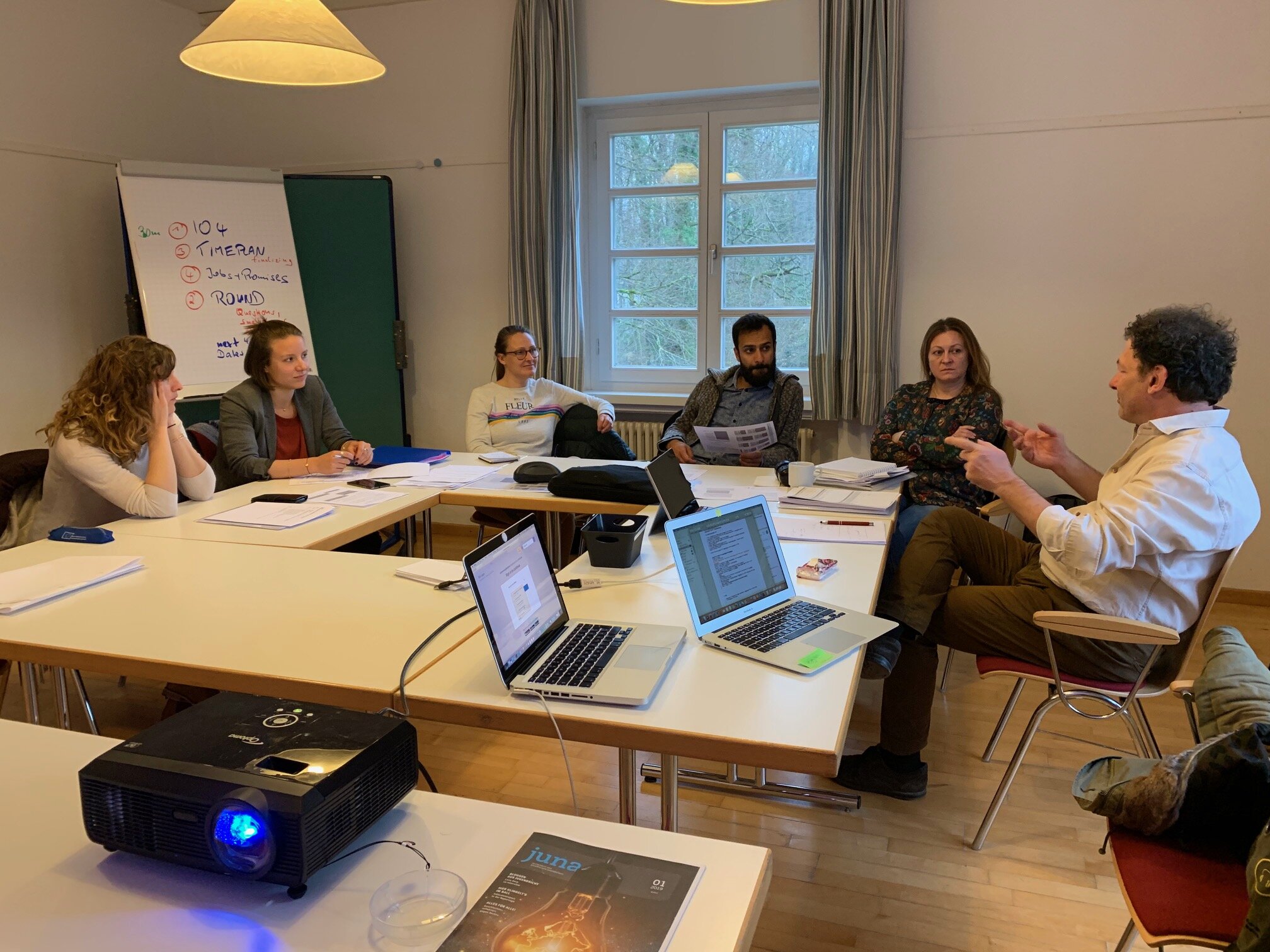Benvingut a Barcelona!
From 21.10. - 23.10.2019 we will celabrate our second transnational Live Learning Meeting in Barcelona. The Meeting will be held in Clase Barcelona Language School in the heart of Barcelona
To give a little impression of Barcelona here some info about Barcelona!
Focusing on learning, opportunity, and broadening experiences, the city of Barcelona is the perfect environment to get involved in new and compelling experiences.
Barcelona is both the largest city in the autonomous community of Catalonia and Catalonia’s capital. It is also the second most populous municipality of Spain, and the sixth most populous urban area in the European Union, with its size and history making it an incredibly culturally, socially, and economically interesting city. Being part of the province of Catalonia, but also one of the biggest cities in Spain, Barcelona also represents both the independent Catalan culture and identity, and its status as a part of Spain, continuing culture from both sides.
As a city rich in history, art, architecture, literature, lifestyle, and diversified attitudes, Barcelona is a fun and compelling city to both live and work in. Known for diverse cultural characteristics that include being the location of pioneering and inspiring art and architecture, its Catalan identity, hosting the 1992 Olympics, its world-famous football team, and its social lifestyle and nightlife, Barcelona is a great city for combining authentic culture with modern and unique city life.
Geographically, Barcelona also offers an interesting variety of unique features and points of exploration. Due to its extensive and eventful history, each neighbourhood of the city of Barcelona is distinctive and has its own feel. The city and surrounding area are very varied; having beaches, mountains, the largest metropolitan park in the world - all of which lend the city to many of exciting experiences: for example many people travel nearby to more secluded beaches, or go skiing in the mountains in winter. As one of the largest cities on the Mediterranean Sea, it is known for its many beaches a short distance away from the hub of the city.
Barcelona is an exciting city of variety, with links to both its cultural history and modern development, as it is both young and old in its attitude to city life and provides a vast variation of exciting lifestyles and features. What better place to experience something new?
This is why we are pleased to welcome all our partners from Germany, Sweden, Slovenia and France to discuss about the project status and project evolution.

